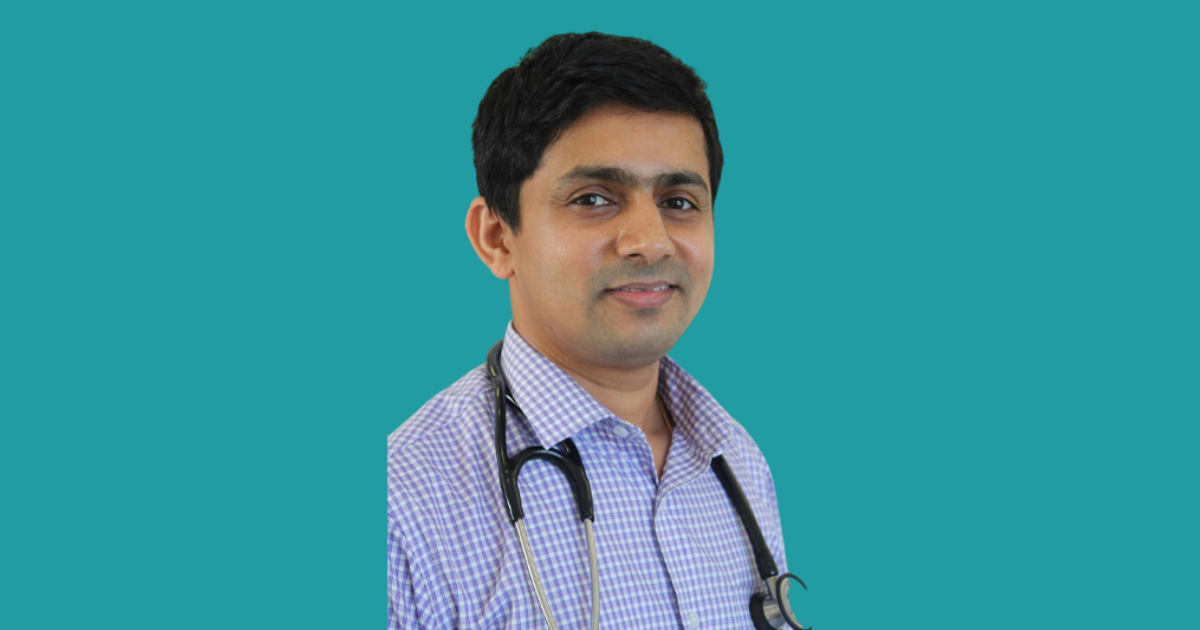Dr Ganesh Bavikatte, MBBS, MD (Medicine), FRCP (London), FEBPRM (Europe), is a Consultant and Clinical Lead in Neurorehabilitation medicine, based mainly at specialist neurology hospital, the Walton Centre in Liverpool.
A member of the NRC team for over three years and a medico-legal expert since 2013, Dr Bavikatte specialises in rehabilitation including acquired and hypoxic brain injury, traumatic brain injury including post-concussion syndrome, spasticity, stroke and poly trauma.
Dr Bavikatte balances his clinical practice with medico-legal work and feels strongly that each discipline helps his work in the other – increasing his knowledge and skill as a doctor providing patient care. He tells us “There is a huge amount of knowledge to be gained and shared from medico-legal cases – as doctors, we learn when we do this work, and I feel it makes me a better doctor. Supporting medico-legal clients gives me an enormous range of professional knowledge about how different people can be impacted over the long term by even minor neurological injuries.”
As a consultant most often seeing patients in a rehabilitation settings, the experience of meeting clients in their own homes, sometime post-injury, helps Dr Bavikatte understand what quality of life means to patients as individuals at different stages of recovery,
“As a clinician, I must anticipate how people may be affected by an impairment over the long term and limiting factors in participation of society – different kinds of social or personal care needs they might require. Seeing patients in their community and in their own environment means I can take a truly person-centred overview of how, as neurorehabilitation experts, we can meet their needs, look outside the box and approach people’s long-term rehabilitation recommendations in the right way for them.”
With advancements in medical sciences leading to more people saved from critical injuries and able to live longer than before, Dr Bavikatte understands the importance of people having the ability to live a good life post-injury. He continues,
“We are able to save people after critical illness and injuries that a few decades ago would have been impossible. Not only are we saving more people, but we are hoping to give them a good quality of life, with goals and rehabilitation plans tailored to each person’s needs. As medical experts, it’s our responsibility to approach recovery not only medically, but also consider holistic issues including factors effecting socially and functionally – in a way that’s unique to each person. It’s never one size fits all.”
Dr Bavikatte sees his independence in medico-legal cases as beneficial for solicitors, saying
“It’s important that I’m independent, can paint a realistic picture and provide possible solutions for their clients. It’s good to know that I am making a difference – hearing that my expertise has resulted in positive benefits for the individuals concerned is very motivating. For me, the best thing about working in neurological rehabilitation is seeing good outcomes – seeing patients return to having a good quality of life. It makes my life better to know my knowledge has led to someone living a better life.”

